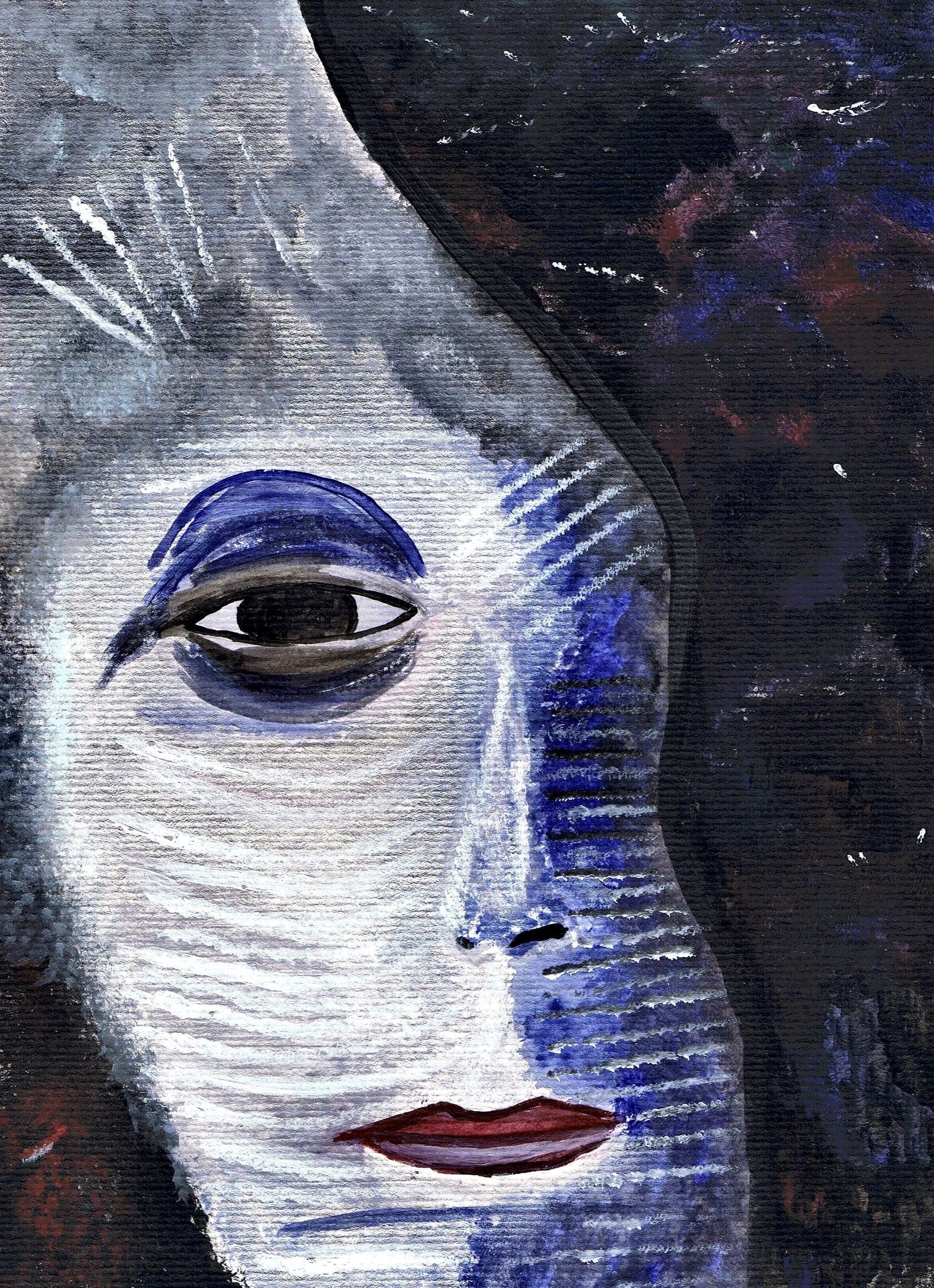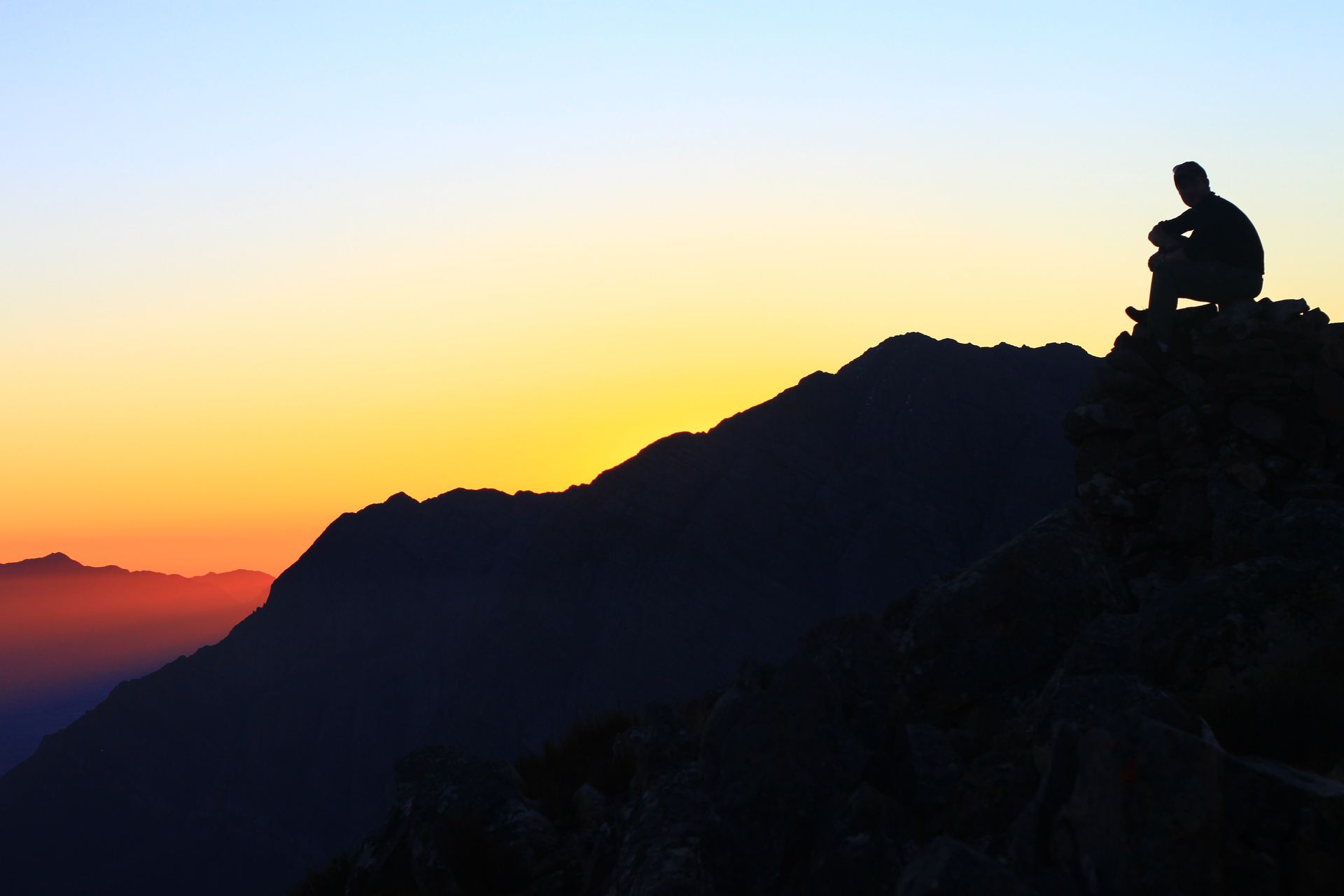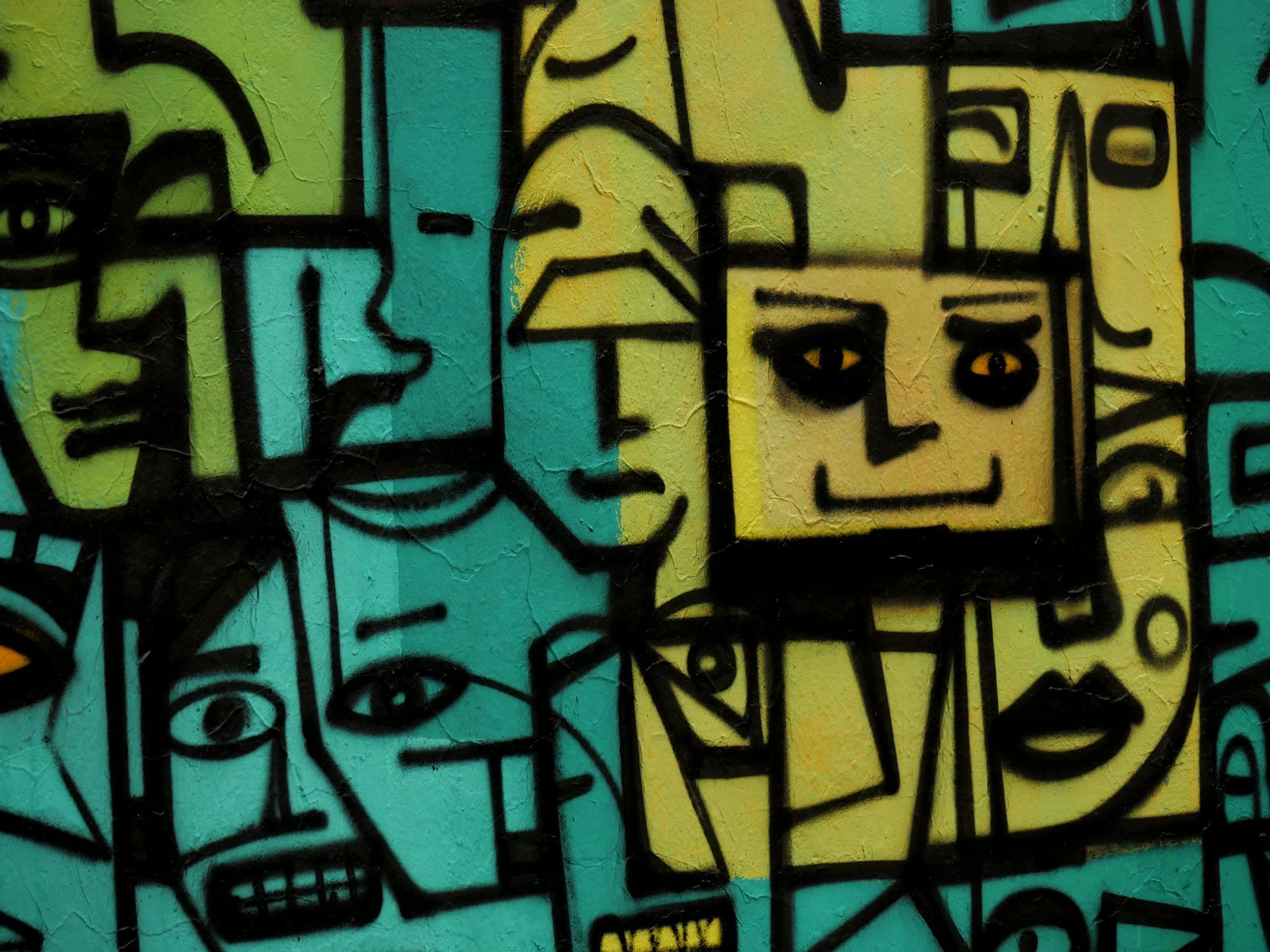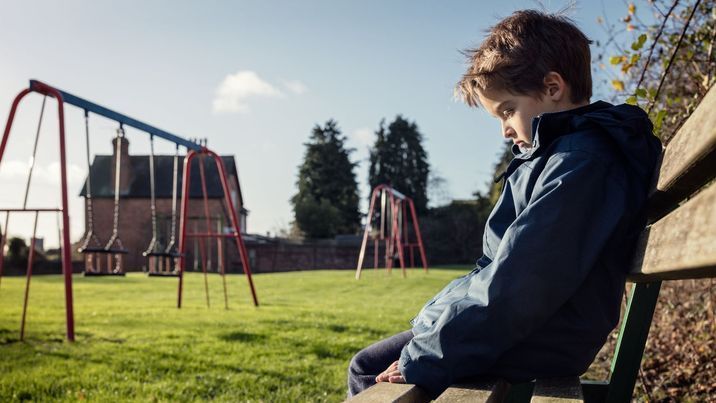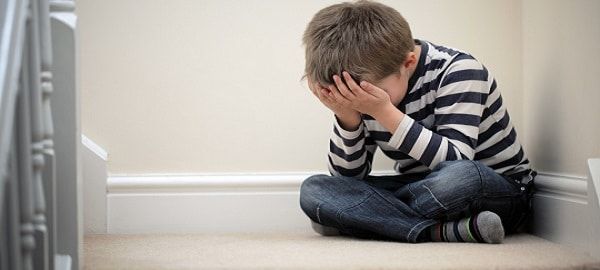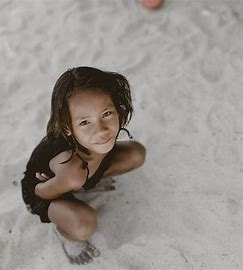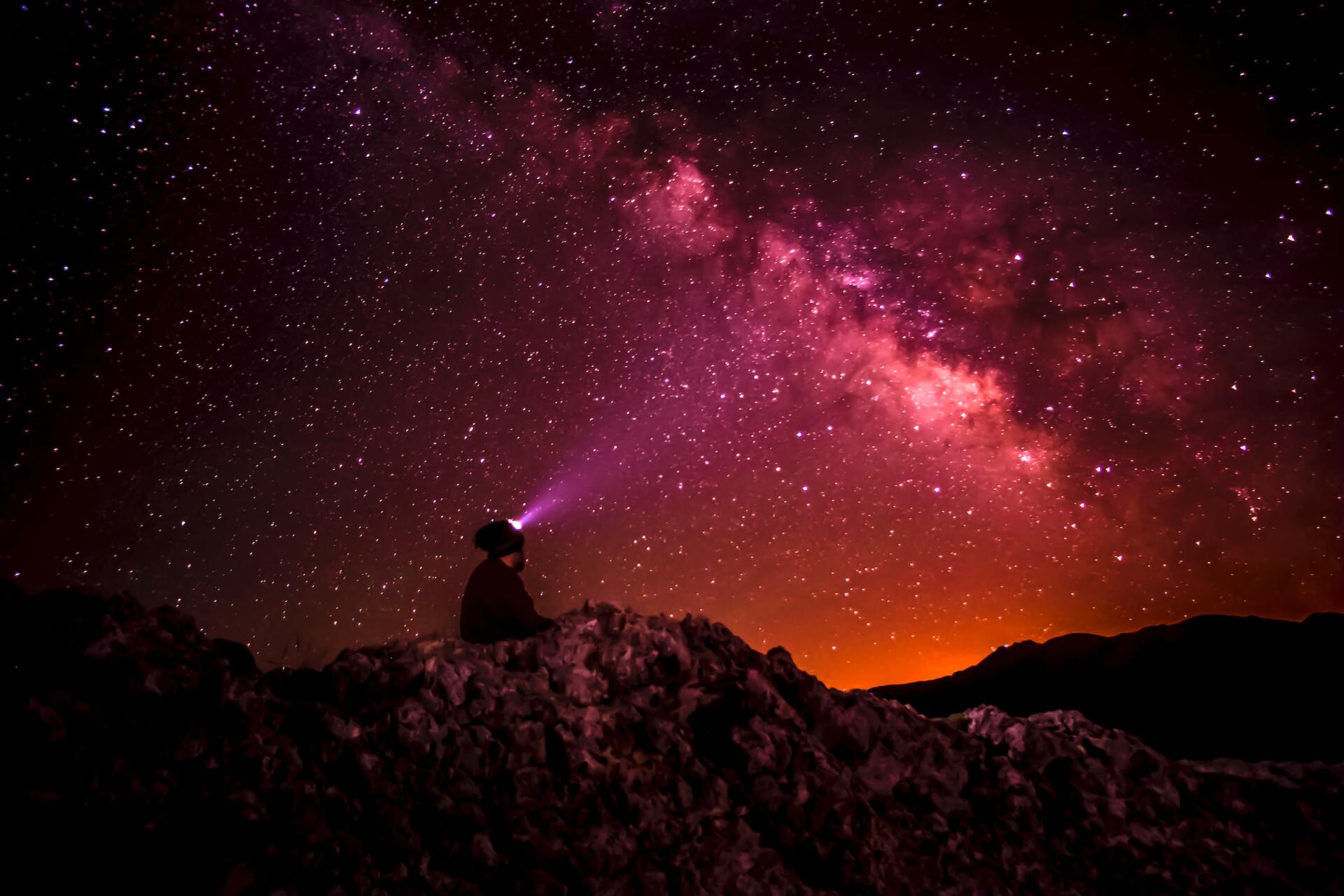Giftedness isn’t what you do… it’s WHO YOU ARE
From July to December 2004, I lived in Australia, specifically in the beautiful seaside town of Coogee. I lived in a house of 35 college students from all over the world. As you can probably imagine, there was a lot of wonderful chaos. Between the beach, the bars, the travel, the accents (!), the wildlife, and the general exoticness of being Down Under, there was a lot of competition for our time when it came down to choosing whether to go to class (which was, of course, what we ostensibly there to do).
Now I would be lying to you if I said that I didn’t miss classes for the occasional day of surfing in Bondi or lunchtime pints of VB at the Coogee Bay Hotel. I certainly traded some evenings of study for games of footie or wandering around Circular Quay. Many of my fellow travelers and students did the same. Oddly, it was because of those similarities that I felt so disconnected from them. And my disconnectedness couldn’t be explained away by something as simple as “oh I actually came here to learn” (which, sure) or “I actually like my classes” (I really did! Especially my Stand-Up Comedy class).
My disconnect grew from the fact that I wanted different things from my time in Australia, and it was hard to articulate those differences. I wanted to explore the “soul” of the city where I found myself, and I knew that I wouldn’t find it in the various bars and clubs of downtown Sydney (though Pancakes on the Rocks came close). Of course, one wants to see the major tourist attractions, and I checked off those boxes: I’ve climbed the Harbour Bridge, seen a show at the Opera House, and held a koala at the Taronga Zoo. But I wanted to get deep into the neighbourhoods, parks, museums, and institutions that revealed something more ephemeral, more authentic… more me.
The best way that I can explain this phenomenon is noting that I grew up outside of New York City here in the US and spent a lot of time wandering around the Five Boroughs in my youth. When friends or family came to visit, they wanted to go into Manhattan and inevitably wanted to see the “postcard spots:” 30 Rockefeller Place, The Empire State Building, Central Park, etc. And there is tremendous value and beauty to those places! But when I truly love a place, when I want to become a citizen of its community, I want to get deeper than going to Bubba Gump Shrimp in Times Square. I want to know the best Korean sandwiches in the Bronx; I want to find a hole-in-the-wall pub with original signage in Bed-Stuy; I want to tour an obscure museum that’s only open on Tuesdays in Queens.
I wanted that experience in Sydney, so I set off to find it. I wandered around the Western suburbs with a transit map and a bottled water. I got horrifically lost in Parramatta. I went to the Sydney Observatory, Victoria Barracks, and the Powerhouse Museum. I got stung by a jellyfish at Manly Beach. I tried to list all the things named after Lachlan Macquarie. I did most of these things alone, not because I wanted to be (mostly), but because I was sure that no one would understand what I was trying to do. How do you articulate that you’re seeking the soul of a place without sounding super strange? How do you know who would listen… and get it?
I think that this is why being gifted can be so lonely without a community. These questions are strange and abstract, but still powerfully meaningful to the right person. And just because I was seeking these experiences doesn’t make me better or worse than anyone else; just as I wanted to see the ANZAC memorial, some people wanted to find all the best shopping in Sydney. To each their own. It’s just that some activities are much easier to bring company to and be accessible. You’re much more likely to find someone who wants to listen to Garth Brooks than your favourite indy K-Pop piano-cello duo.
But that example leads me to my point: You can still enjoy what you love while seeking that community. There is no reason to wait to be happy.
Our brains often default to a space of “I’ll do X once I have accomplished Y.” Sometimes that helps us (one should learn to drive a car because deciding to road trip to Spring Break), but sometimes it unnecessarily holds us back. If I had waited to find my people to go visit my obscure museums and parks, I might not have ever seen them. If doing something that you want to do would be 100% perfect if you did it with friends, but only 84% as good if you did it alone, then your brain might tell you to wait until things are perfect to try something new. Good can certainly be the enemy of great, but great can also be the enemy of done. Last time I checked, 84% good is still a lot more than 0% good, which is what you’d get if you never tried.
I don’t regret my solo touring of greater Sydney. I wish that I had been more confident in who I was, and thus more willing to be open about my neurodivergent interests, but I cannot change the past. Instead, I can blog about it so you can hopefully learn from my experiences. Do what makes you happy, regardless of whether people are coming along for the ride. Keep your eyes open for when you reach your various destinations, because your spiritual travellers may be there as well: looking, listening, whispering fun facts about the venue to themselves. Those are your people, and I guarantee that they’ll be as excited to meet you as you are to meet them.
We are not meant to travel this world alone, but when your people are harder to find, we must practice two vital skills: patience and self-confidence. We must be patient and knock on many doors to find our people. That might be difficult, and you’re basically guaranteed to have some rough and lonely days, but the wait is totally worth it. The key here is to set your expectations using the concept I mentioned above. Things might be better with company, especially if it is meaningful company, but that doesn’t mean that following your passions alone as no value at all. In fact, the process of doing things solo may increase your engagement because you learn to rely on yourself. Plus it gives you something to do while you’re waiting!
To survive that process, you need to turn up the volume on your own self-confidence. That’s a truly proposition, of course, because how do you get self-confidence if you don’t have any self-confidence? (I often say it’s like needing your glasses to find your glasses). Self-confidence comes from two plans: values and identity. If your values are to make the world a better place, then you’ve already got the emotional infrastructure to engage authentically in the world around you. Your values can direct you to find jobs, take classes, volunteer, make friends, or take up self-improvement. My values are travel, self-exploration, and challenging myself; all three are readily apparent in my Australia adventures. Identity is knowing who you are. It is related to values but moves into more autobiographical territory. If you’re a neurodivergent person, then own it. If you’re a member of the LGBTQ+ community, then integrate that into your identity. Knowing who you are allows you to have more self-confidence, because it taps into the most authentic version of you. And if people don’t get it? Then they’re not your people. They’re out there; keep looking. The energy you spend on masking yourself is not energy you get back.
The way to take the lessons of this blog post (other than to move to Coogee if you haven’t lived in Australia) is to be brave and authentic in seeking the things, places, and activities that bring you joy. They may not be for everyone, but that’s OK because you’re not everyone. Your people are out there and they’re certainly looking to connect.
As a coda to my story of independent travel, I ended up meeting some wonderful other study abroad folks who were studying at the University of Wollongong. After a night out in Sydney, I took the train back to their Uni with them so I could explore “the Gong” properly. After a late breakfast, my new friends looked to me and asked what I wanted to do that day. I hesitated, because I wanted to go see the famous Old Wollongong Lighthouse (I’m from the Jersey Shore; I love lighthouses. Yes, I’m weird.) but I didn’t think that they would understand. With some prompting, they dragged it out of me. There was a moment of silence where I doubted revealing my true nerdiness so early. Then something amazing happened; they all laughed and said that they had all been meaning to go see it but were waiting for the right opportunity to bring it up. My being there give us all the opportunity to do something that we all wanted.
My friends not only lifted me up, but I ended up lifting them as well. And that’s how it feels when you find your people.
Matthew J. Zakreski, PsyD
NB: Please note that this article only represents the views of the author(s), and is not necessarily representative of the views of the Australian Association for the Education of the Gifted and Talented.
Resources


New Paragraph
Striving to improve outcomes for gifted learners
Copyright 2021 AAEGT - Privacy Policy

